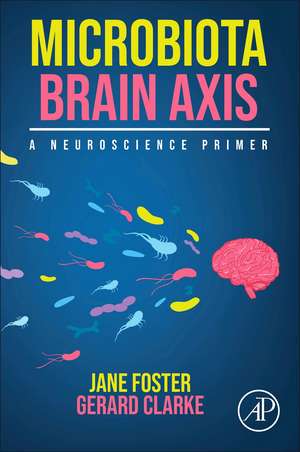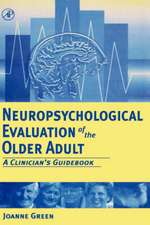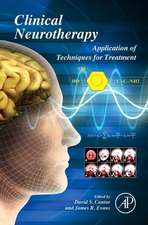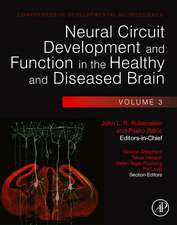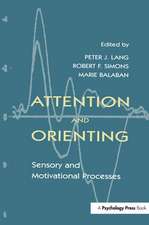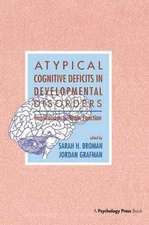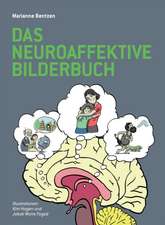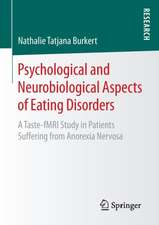Microbiota Brain Axis: A Neuroscience Primer
Autor Jane Foster, Gerard Clarkeen Limba Engleză Paperback – 22 feb 2024
- Reviews the many approaches to manipulating the microbiota in animal studies - including the use of germ-free animals, antibiotics and diet - and covers the strengths and limitations of each
- Outlines available microbiota research tools, such as 16S sequencing and shot-gun metagenomics
- Provides a comprehensive guide to analyzing microbiota-related data and the many choices for bioinformatics
Preț: 597.99 lei
Preț vechi: 749.16 lei
-20% Nou
Puncte Express: 897
Preț estimativ în valută:
114.44€ • 124.26$ • 96.13£
114.44€ • 124.26$ • 96.13£
Carte tipărită la comandă
Livrare economică 15-29 aprilie
Livrare express 15-21 martie pentru 147.48 lei
Preluare comenzi: 021 569.72.76
Specificații
ISBN-13: 9780128148006
ISBN-10: 0128148004
Pagini: 278
Dimensiuni: 152 x 229 x 16 mm
Greutate: 0.45 kg
Editura: ELSEVIER SCIENCE
ISBN-10: 0128148004
Pagini: 278
Dimensiuni: 152 x 229 x 16 mm
Greutate: 0.45 kg
Editura: ELSEVIER SCIENCE
Public țintă
Advanced students, basic researchers, and clinical researchers in behavioral neuroscience, neuroimmunology, biological psychiatry, developmental neuroscience, and related fields; researchers in physiology, nutrition, immunology, and gastroenterologyCuprins
1. The gut-brain axis
2. What is a healthy microbiome?
3. Gene-environment factors influence microbiota composition, diversity, and function
4. Microbiota to brain communication
5. Microbiota influence behaviour – work in animal models
6. Microbiota influence brain systems – work in animal models
7. Microbiota in neurodevelopmental disorders
8. Microbiota in psychiatry
9. Microbiota-brain interactions in aging and neurodegeneration
10. Pharmacological treatments and the microbiome - Antibiotics and nonantibiotic drugs
11. Microbial-related treatments
12. Microbiota-related biomarkers for precision medicine and drug discovery
2. What is a healthy microbiome?
3. Gene-environment factors influence microbiota composition, diversity, and function
4. Microbiota to brain communication
5. Microbiota influence behaviour – work in animal models
6. Microbiota influence brain systems – work in animal models
7. Microbiota in neurodevelopmental disorders
8. Microbiota in psychiatry
9. Microbiota-brain interactions in aging and neurodegeneration
10. Pharmacological treatments and the microbiome - Antibiotics and nonantibiotic drugs
11. Microbial-related treatments
12. Microbiota-related biomarkers for precision medicine and drug discovery
